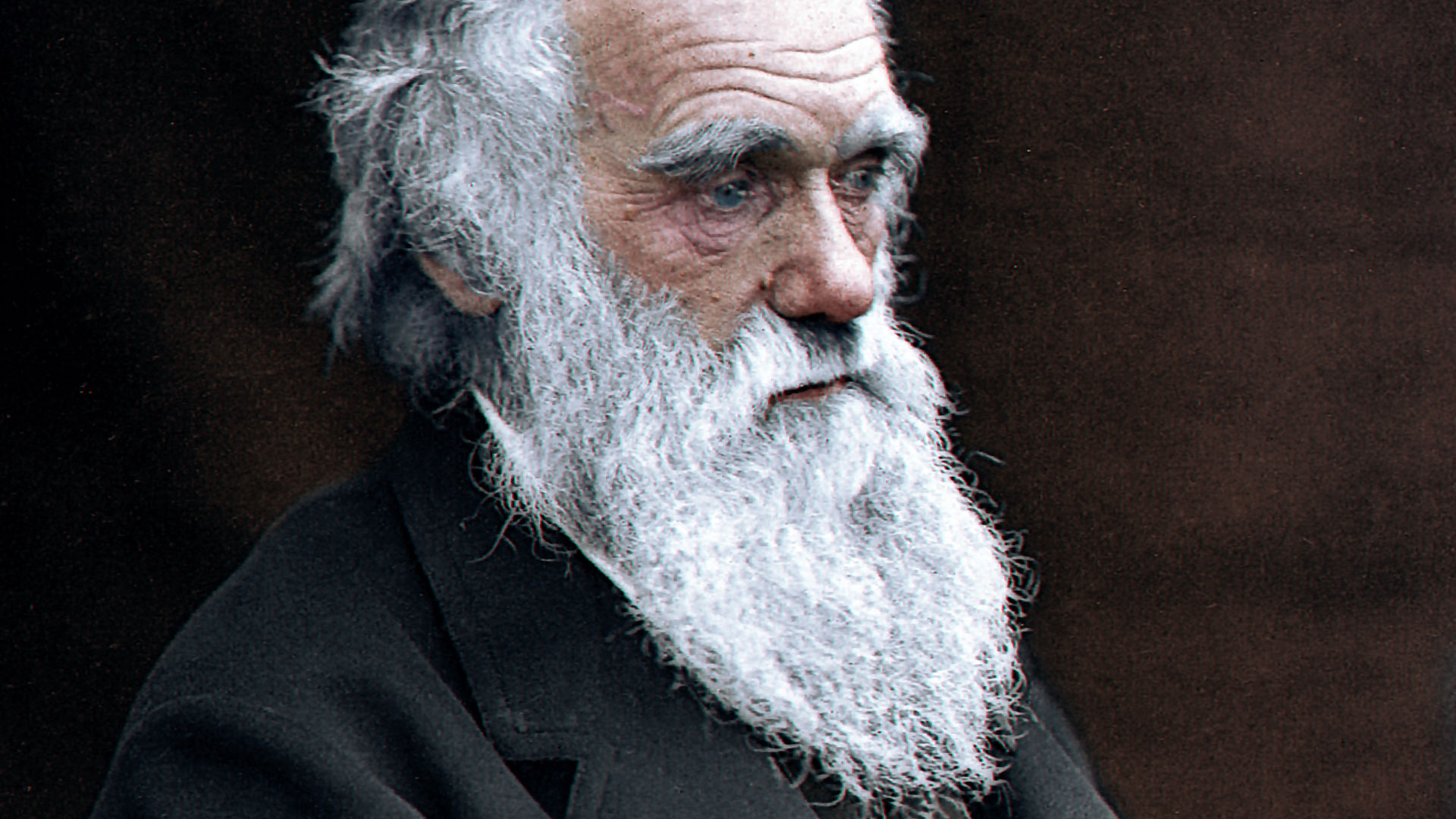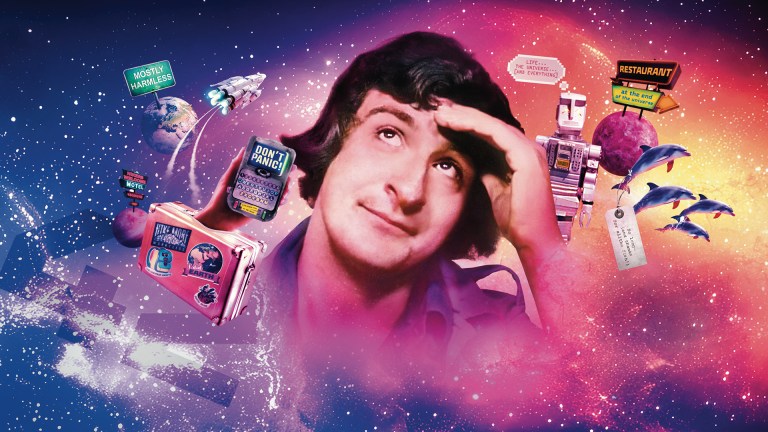February 12 is the birthday of Charles Darwin, one of the greatest and most influential thinkers who ever lived, and one of Britain’s greatest scientists. To celebrate his life and legacy, an international coalition campaigns for the day to be a public holiday and Humanists UK does its bit by hosting a national Darwin Day Lecture every year.
The obvious way in which the life and example of Charles Darwin calls out to us today is in relation to science. By establishing evolution by natural selection as a central explanatory principle, Darwin demonstrated that through independent thought, biological study, and the gathering of evidence, the enterprise of science could alter not just how we view the world, but how we view ourselves.
Get free training, careers advice and access to hundreds of thousands of jobs with The Big Issue’s RORA Jobs & Training
Darwin, through scientific investigation of the evidence and the imaginative construction of theories to test against evidence, solved a problem that had seemed intractable. It’s this legacy which Darwin Day celebrates.
In 2021, among the upheaval caused by the Covid-19 pandemic, we are all newly aware of the importance of science to our everyday lives. In the past, humanity was most often in blind panic in the face of epidemics, which burned through communities without mercy.
Today, unimaginable human ingenuity in the organised enterprise of medical science has been expended to contain this virus, save life, and preserve our civilisation. We have minimised transmission of the virus by understanding how it is passed on. And in little over a year since the first case of Covid-19 was identified in the UK, science has provided us with three approved vaccines. More than 12 million people have now been vaccinated in this country alone.










